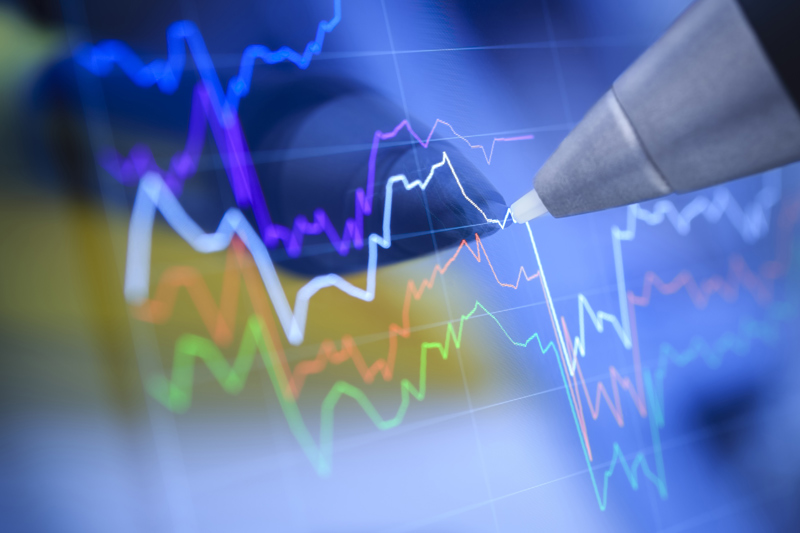(For a live blog on the U.S. stock market, click LIVE/ or
type LIVE/ in a news window.)
* Futures down: Dow 1.18%, S&P 1.41%, Nasdaq 1.61%
(Adds comment, details, updates prices)
By Medha Singh
Feb 28 (Reuters) - U.S. stock indexes were set for another
sharp fall at the open on Friday as the rapidly spreading
coronavirus outbreak raised the alarm for a possible global
recession.
Investors are reeling after virus fears wiped nearly $3
trillion off the combined market value of S&P 500 companies this
week, with the index .SPX confirming its fastest correction in
history in volatile trading on Thursday.
Even as the outbreak eases in China, investors have been
rattled by the rapid spread of the disease in other countries,
which now account for about three-quarters of new infections.
As the world prepares for a likely pandemic, an inversion of
the U.S. Treasury yield curve deepened further in a clear sign
of recession. All three main stock indexes are set to record
their sharpest weekly drop since the global financial crisis in
2008.
"This selling is a bit extreme for something that we don't
know enough about," said Robert Pavlik, chief investment
strategist at SlateStone Wealth LLC in New York.
"What I do know is that the coronavirus is not going to lead
us into a financial crisis that is long lasting. It could put us
in a technical recession but the real concern is does that
recession cause the U.S. consumer to pare back on spending?"
At 8:48 a.m. ET, Dow e-minis 1YMcv1 were down 302 points,
or 1.18%. S&P 500 e-minis EScv1 were down 41.75 points, or
1.41% and Nasdaq 100 e-minis NQcv1 were down 135.25 points, or
1.61%.
While the magnitude of the economic damage from the
containment measures, which have crippled supply chains and hit
business investment, remains unclear, analysts have sharply
downgraded their outlook for growth and corporate earnings.
Traders are now pricing in an interest rate cut by the
Federal Reserve as soon as next month, but many have expressed
doubts about how this would mitigate the impact of the outbreak.
"Lower interest rates will do next to nothing to counter a
supply side shock like this one, and even the positive effects
on demand are questionable if entire economies start going into
lockdown," said Marios Hadjikyriacos, investment analyst at
online broker XM.
Adding to worries, the Commerce Department's data on Friday
showed U.S. consumer spending rose less than expected in
January, a loss of momentum that could be exacerbated by the
outbreak.
